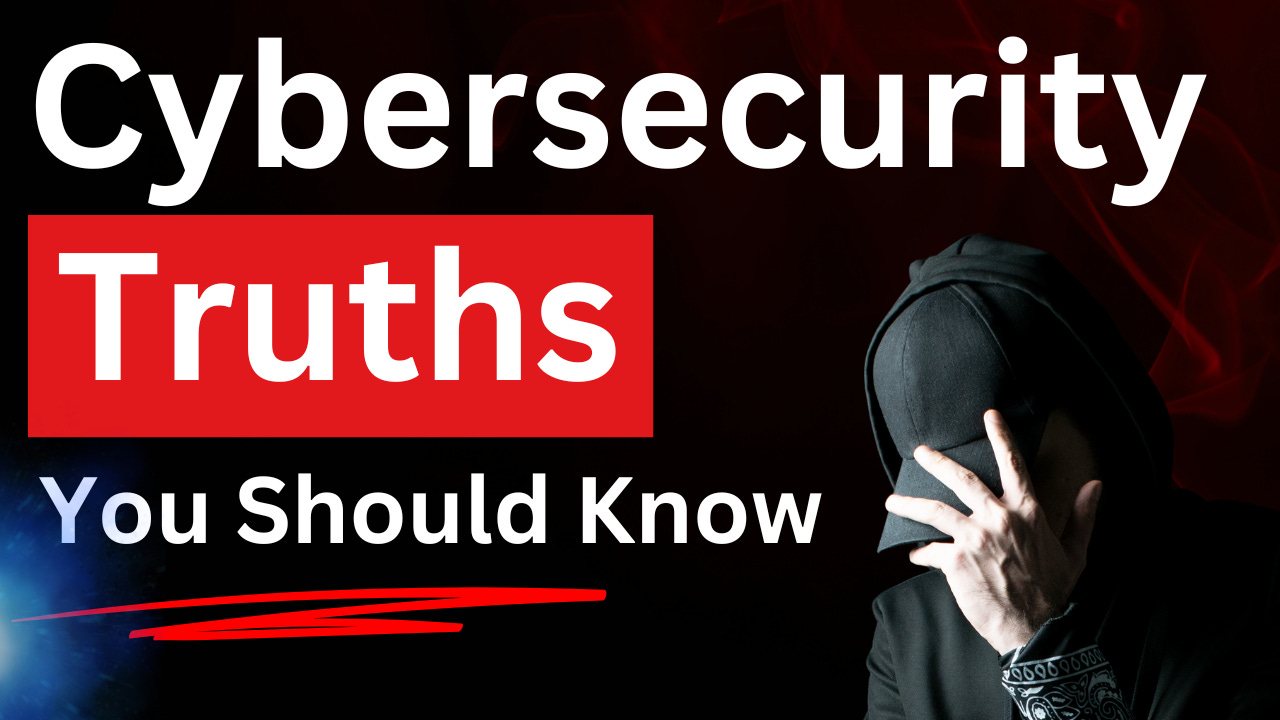The Cybersecurity Truths No One Told Me (Until It Was Almost Too Late)
What I wish I Knew when starting a career in Cyber
When I started my cybersecurity career, I thought I had it all figured out.
I’d get the right certifications, learn the hottest tools, and climb the ladder to that impressive job title of “CISO”
But here’s what I didn’t know: the things that actually move your career forward aren’t always found in a textbook, a bootcamp, or an online course.
Over the years, I’ve learned—sometimes the hard way—that success in this field is as much about people, impact, and communication as it is about technology.
Here are the truths I wish someone had told me on day one.
1. Certifications Don’t Replace Projects
Certifications are a great starting point. They prove you can study, absorb information, and pass a test.
But hiring managers don’t hire you because you have letters after your name—they hire you because you can solve problems.
If you have a certification but no hands-on projects to back it up, you’re competing with hundreds of others who look exactly the same on paper.
Build something. Secure a cloud environment. Create a threat detection tool. Document it. Share it.
That’s what makes you stand out.
2. Years of Experience ≠ Impact
I’ve met people with two years in the industry who made more impact than others with twenty.
Why? Because they didn’t just do the work—they improved it. They spotted gaps, fixed broken processes, and made life easier for their team.
Impact beats tenure every time.
3. Chasing Job Titles Will Make You Miserable
A title won’t make a toxic workplace better.
It won’t make meaningless work more fulfilling.
Focus on roles where you can learn, grow, and contribute. The titles will come naturally—often when you stop chasing them.
4. Learning How to Communicate > Learning Another Tool
I’ve said it before and I’ll say it again: communication is the multiplier skill.
Being able to explain a complex risk to a non-technical executive in plain English is often more valuable than mastering another niche tool.
If you can’t communicate risk, you can’t manage it.
5. Most Security Issues Are People Problems, Not Tech Problems
We love to focus on the tech—firewalls, SIEMs, zero trust.
But most breaches happen because of misaligned priorities, ignored processes, or simple human error.
And yes—sometimes politics.
Learn to navigate people, not just packets.
6. You’ll Spend More Time in Meetings Than in Terminals
If you think a cybersecurity role is all about hands-on hacking… you’re in for a surprise.
You’ll be explaining findings, negotiating timelines, and aligning on priorities—often in meetings. Lots of meetings.
7. Trust Gets You Access—Tools Just Get You Started
Your relationships will open more doors than your technical stack ever will. Build trust with your team, leadership, and peers across the business.
8. Documentation is a Security Control
No one likes doing it, but clear documentation prevents mistakes, speeds up incident response, and helps new team members ramp up quickly.
9. Knowing the Risk is Half the Job. Communicating It is the Other Half
Identifying a vulnerability is one thing.
Convincing the business to fix it—and explaining why it matters in terms they understand—is another skill entirely.
The Bottom Line
I came into cybersecurity thinking it was about breaking things.
It’s really about protecting what matters—and explaining why it matters.
So if you’re starting out (or even if you’re years in), remember:
Projects > certifications alone
Impact > tenure
Communication > another tool in your belt
People skills > pure technical skills
Master these, and you won’t just survive in cybersecurity—you’ll thrive.
Check out my video on this topic also !



So glad you wrote about the people relationship and most of all about paper security! It helps a lot and makes understanding situations for non-techs much easier. Unfortunately, not every IT specialist understands that
Taimur, great article and video. I’m glad you brought up number 1. Similar to your previous post on the “Tool Collector.” The “Cert Collector” is also a thing now a days.